Your Business Growth,
Our Marketing Mission
Unlock Potential. Fuel Confidence.
Grow your business with heart, strategy, and purpose—and create a bigger impact on the lives you serve through Innovation and Growth.

Welcome to InGrowth
Who We Are
InGrowth.io is a UK-based digital marketing agency delivering tailored strategies for long-term success. As a partner in your growth, we are committed to delivering quality and innovative strategies that drive your business to success.
What We Offer
We focus on delivering real, measurable results for clients around the world. By staying on top of industry trends, we create strategies that keep your brand competitive and visible.
Who We Work With
We work with a wide range of businesses, from fast-growing start-ups to established industry leaders,, with a particular focus on small and medium-sized businesses (SMBs).
Partnering with SMBs
We partner with growing small and medium businesses to drive strategic growth. Our tailored, data-backed marketing solutions ensure precise execution and measurable results, maximizing your brand's potential.
Recent Case Studies
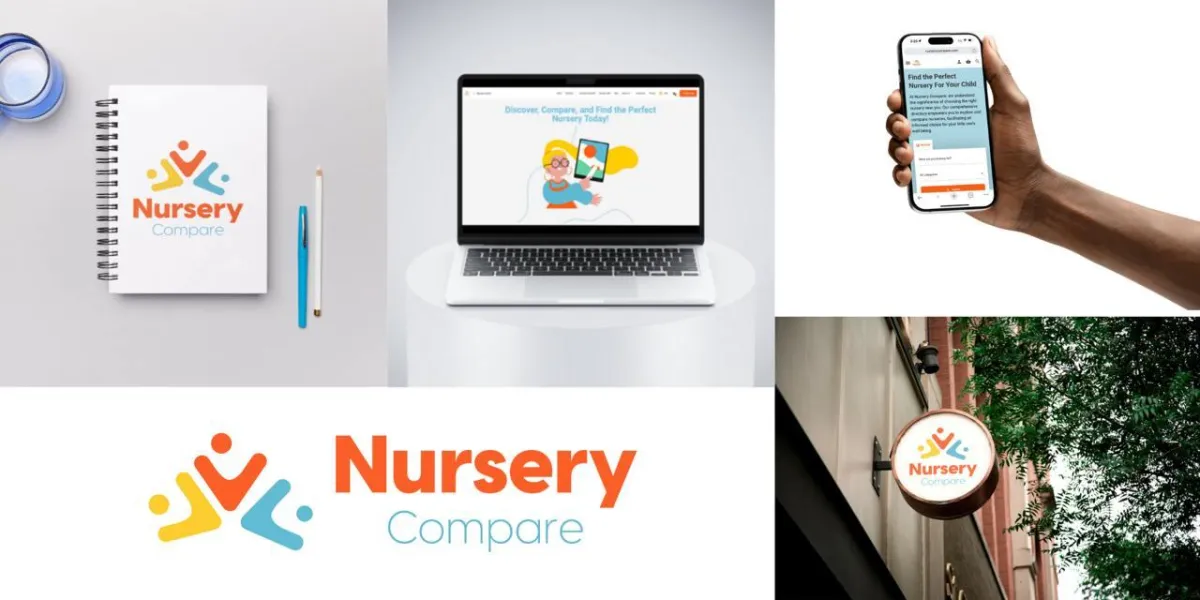
A Platform Connecting Parents Nurseries
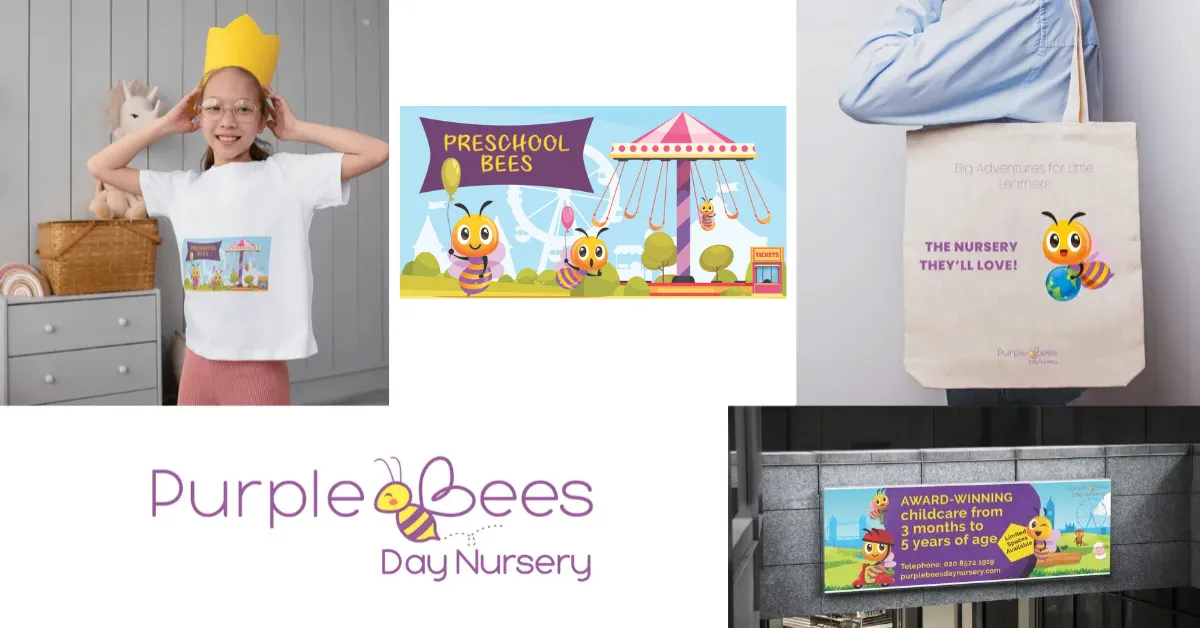
Day Nursery in London
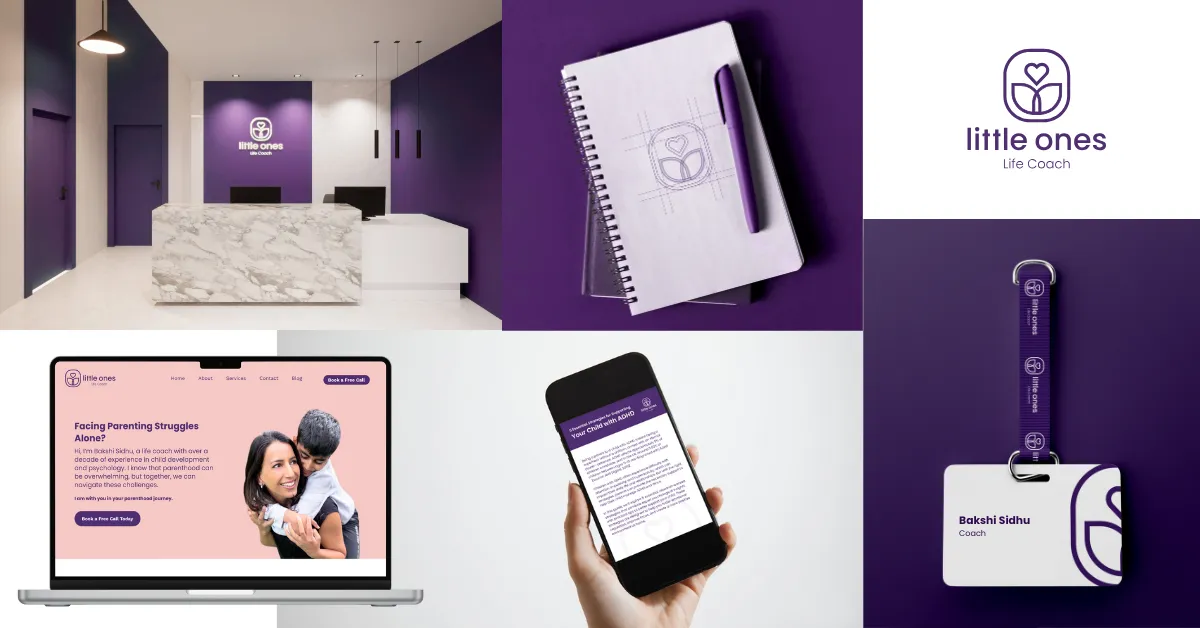
Parenting Coach in London
Our Values
“We empower businesses with the strategies others won’t, to achieve the growth others can’t.” – Mariam, CMO of InGrowth

Ownership at Ingrowth
Our InGrowth team takes complete ownership of your success, treating your business as if it were our own. We build strong relationships with our clients, ensuring that every decision we make is driven by our commitment to your growth.
The InGrowth Perspective
We go beyond surface-level strategies, diving deep into the data to find the best solutions. Every decision is backed by insights, with a focus on delivering results that boost your business’s performance and profitability.
Trendsetters, Not Followers
We don’t just keep up with trends; we aim to set them. At InGrowth, our team is dedicated to being ahead of the curve, constantly innovating and creating strategies that drive real, lasting growth.
Mutual Growth
We always go the extra mile. At InGrowth, we believe that the additional steps we take make all the difference, ensuring that every marketing campaign delivers the highest possible return for your business.
Monthly Newletter
Your Paragraph text goes Lorem ipsum dolor sit amet, consectetur adipisicing elit. Autem dolore, alias, numquam enim ab voluptate id quam harum ducimus cupiditate similique quisquam et deserunt, recusandae. here
Let’s Work Together
Discover how our marketing strategies can become your "unfair" advantage. Connect with us to explore how our customized strategies can accelerate your brand’s growth and increase your revenue.
TESTIMONIALS
What InGrowth Partners Think
Transforming Our Nursery’s Digital Presence
Stacey Bowden
Manager, Purple Bees Day Nursery

A Powerful Partnership for Growth & Visibility
Bakshi Sidhu
Parenting Coach

Don’t Miss Out Our Latest Content
Conversion Rate Optimization: The Complete Guide to Increasing Website Conversions in 2026
New Blog Post Description ...more
Marketing news
February 16, 2026•9 min read
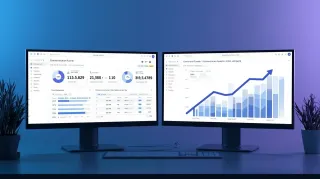
Landing Page Optimization: The Complete Guide to Higher Conversions in 2026
Improve your landing page conversion rate with proven optimization strategies, A/B testing tools, and expert CRO insights. Book a free strategy call. ...more
Marketing news
February 12, 2026•10 min read

Places to Advertise My Daycare Business in the UK (Complete 2026 Guide)
Not sure where to advertise your daycare? Discover the most effective places UK parents actually search and turn views into enquiries. ...more
Marketing news
February 08, 2026•5 min read

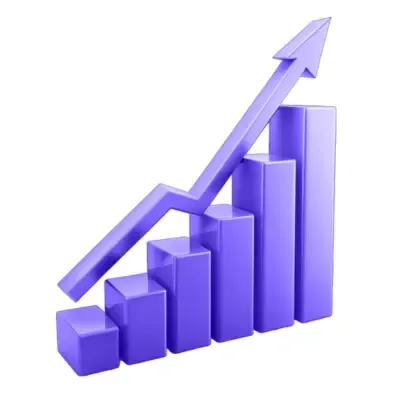
Start Working With Us for Instant Growth
Ready to take your business to the next level? Our team is dedicated to helping your business grow from day one. Let’s collaborate and turn your goals into reality—because when you grow, we grow.Start your journey to instant growth today.

